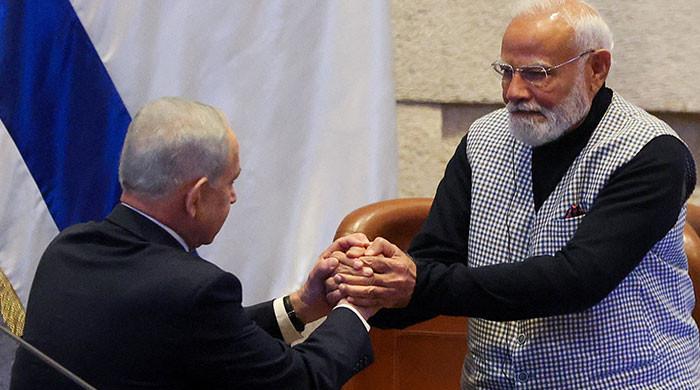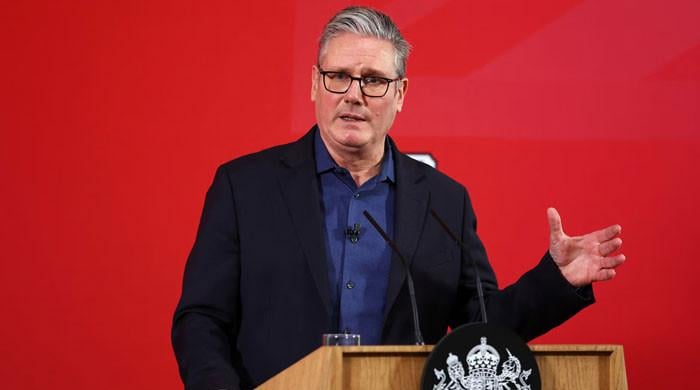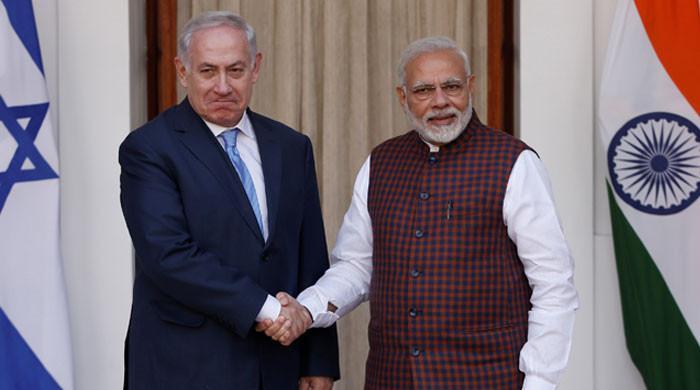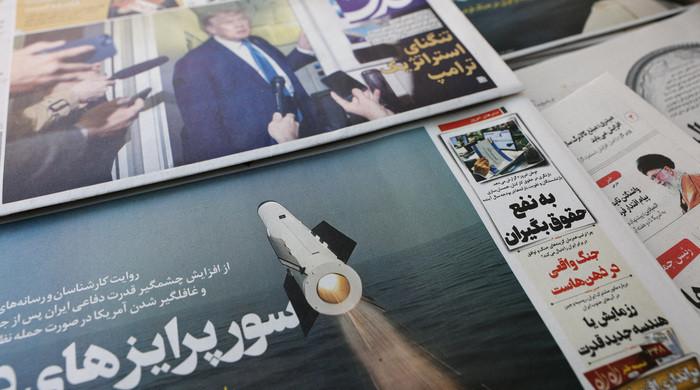Vermont: Palestinian students shot for wearing Keffiyeh as Islamophobic crimes spike in US
Two students remained in stable condition, while the third suffered more severe injuries.
November 27, 2023
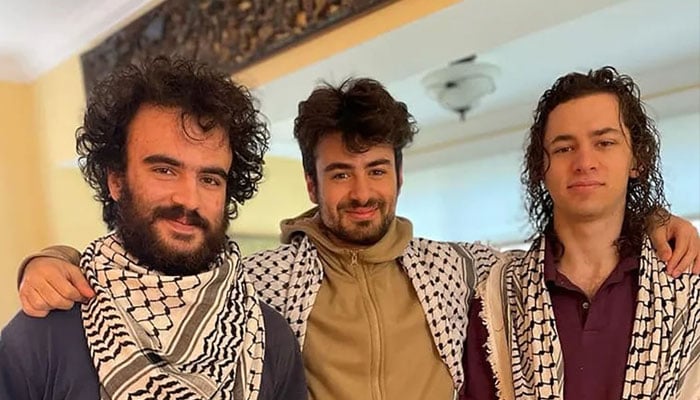
A suspect named Jason J Eaton was arrested in Burlington, Vermont after the shooting of three Palestinian college students, a case drawing national attention amid concerns of heightened hate crimes post the Israel-Hamas conflict.
Eaton was arrested near the crime scene, residing in an apartment building facing the shooting location. A search of his home yielded evidence, leading investigators to believe Eaton committed the shooting.
While specific charges against Eaton have not been detailed, the police announcement describes the case as three incidents of aggravated assault. The suspect is scheduled for arraignment on Monday, and a news conference is planned to discuss the case further. The authorities had been exploring whether the shooting could be classified as a hate crime.
The victims, all 20 years old, were shot without warning by an armed man while walking along the street on Saturday night. Two students remained in stable condition, while the third suffered more severe injuries.
Hisham Awartani, a Brown University student; Kinnan Abdalhamid, a Haverford College student; and Tahseen Ahmad, a Trinity College student, were identified as the victims.
The families of the victims and civil rights groups had urged a thorough examination of whether the attack was motivated by hate, given the reported increase in anti-Muslim and anti-Arab bias incidents in the US post the Israel-Hamas conflict.
Burlington Police Chief Jon Murad acknowledged the possibility of a hate-motivated crime in a prior news release, emphasising the charged atmosphere.
Abed Ayoub, an attorney for the victims' families, suggested that the students may have been targeted partly because two of them were wearing keffiyehs, traditional Palestinian scarves.
The ongoing investigation will shed light on the motive behind the attack, with heightened scrutiny on the potential influence of bias and hate in this troubling incident.





